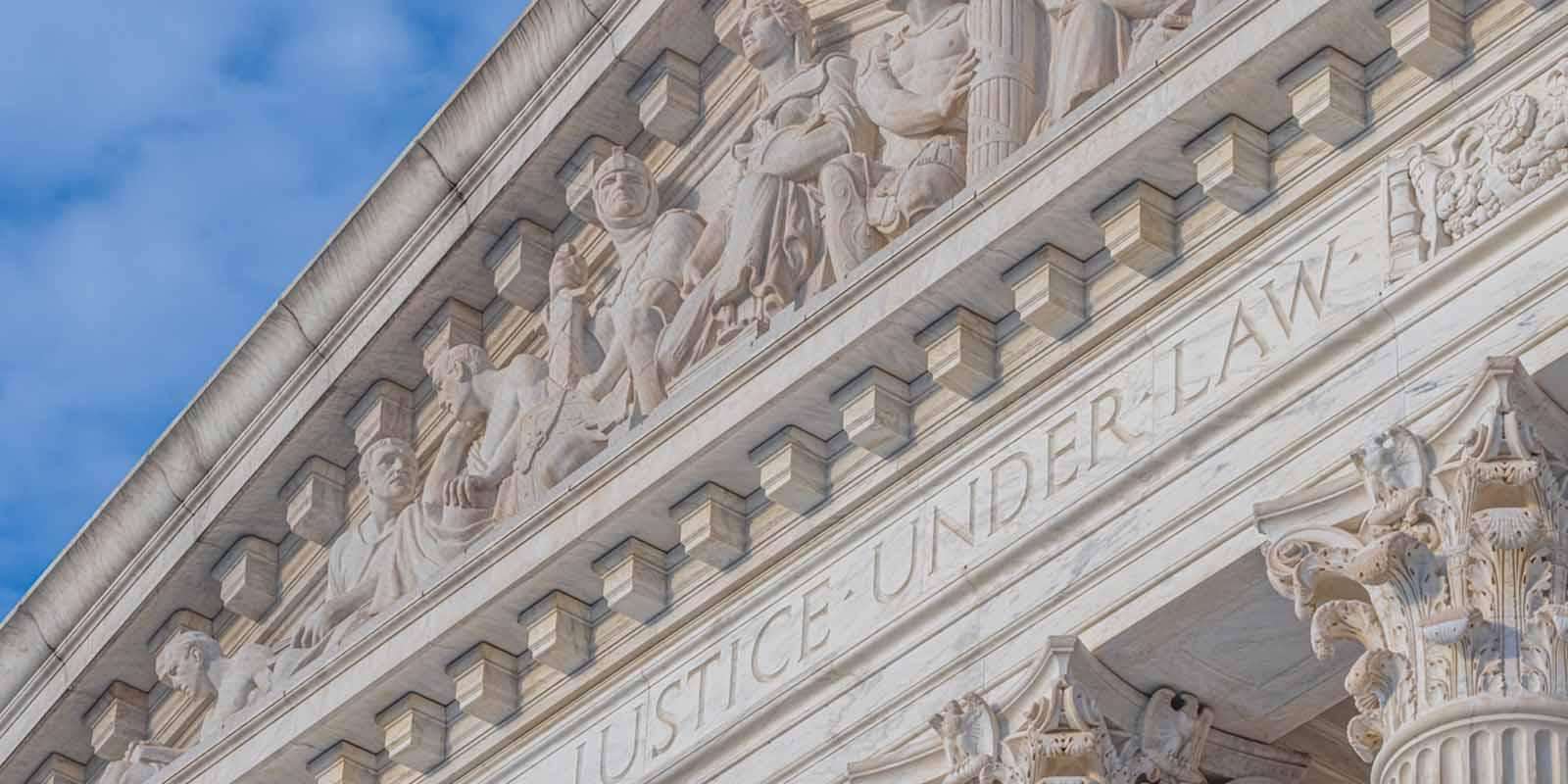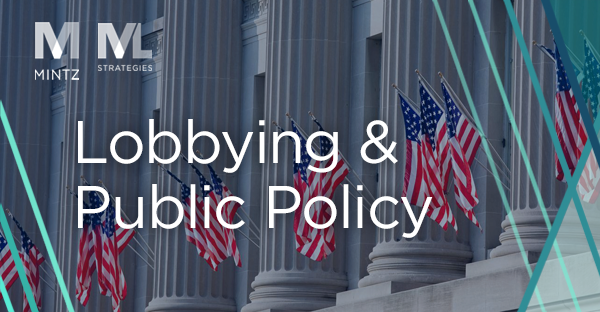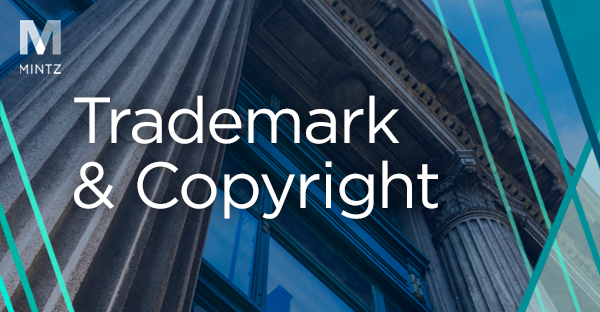
U.S. Supreme Court
Filter by:
Will ‘Dobbs’ Advice Erode the Attorney-Client Privilege?
August 31, 2022 | Blog | By Jennifer Rubin, Greer Clem
Member and Chair of Mintz’s ESG practice group, Jennifer B. Rubin and Associate Greer Clem co-authored an article published by Corporate Counsel covering the crime-fraud exception to attorney-client privilege. The authors summarized, "An important and long-standing exception to the attorney-client privilege, the crime-fraud exception, bears examination in the post-Dobbs world. The crime-fraud exception divests attorney-client privilege of confidentiality when a lawyer’s advice facilitates a client’s crime...The crime-fraud exception to attorney-client privilege therefore merits attention for counsel, who should consider the potential areas of risk and some mechanisms to protect the confidentiality of these communications."
Managing State Law Risks of Employer-Sponsored Abortion-Related Travel Benefits Post-Dobbs
August 8, 2022 | Blog | By Greer Clem, Jennifer Rubin
In previous posts (available here and here) we reported on some of the legal consequences from Dobbs v. Jackson Women’s Health Organization on employer-sponsored group health plan coverage of abortion-related travel benefits. In this post, Mintz attorneys Alden Bianchi, Greer Clem, and Jen Rubin address the larger concern related to the legality of these benefits in the face of a burgeoning number of states seeking to extend their extra-territorial reach to bar or even criminalize individuals who provide abortion-related travel.
ML Strategies Outlook: Federal Action Post-Dobbs Decision
July 25, 2022 | Blog | By Pamela Mejia, Ellen Janos, Kaitlyn Sprague
Protecting Health Information Post Roe – Part 2: Steps for Health Care Providers
July 21, 2022 | Blog | By Cynthia Larose, Dianne Bourque
In this second of our two-part blog series on protecting health information post Roe, we discuss legal and practical strategies that health care providers can take to protect the information of their patients. State laws that restrict or criminalize abortions will require significant amounts of health information to enforce, putting new pressure on health care providers caught in the middle of competing obligations to their patients and to regulatory and law enforcement authorities making lawful requests for this information.
Will a Nonprescription Birth Control Pill Be FDA’s First Approval under its Long-Awaited “ANCU” Proposed Rule?
July 20, 2022 | Blog | By Joanne Hawana
Unintended downstream consequences are likely to abound in the wake of the June 24, 2022 Dobbs decision that overruled Roe v. Wade, as Mintz attorneys have addressed in other contexts. Those looking ahead have raised concerns about women’s continued access to the wide array of birth control options that have been approved for use in the United States by the Food and Drug Administration (FDA). This post provides a brief historical background on how OTC birth control pills have been regulated under the Federal Food, Drug, and Cosmetic Act and reviews the FDA's Additional Conditions for Nonprescription Use (ACNU) Proposed Rule.
Post-Dobbs Abortion-Related Travel Benefits: Surveying Employers’ Options
July 13, 2022 | Blog | By Michelle Capezza, Patricia Moran
Dobbs impacts employer-sponsored group health plan coverage for abortion services in states where abortion is, or becomes, illegal, and abortion-related travel benefits. While our earlier post focused on coverage of abortion and abortion-related travel services under a group health plan, and related ERISA preemption considerations, in this post Mintz attorneys Alden Bianchi, Michelle Capezza and Patricia Moran examine other approaches available to employers that seek to make these benefits available, such as HRAs, health FSAs, excepted benefit EAPs and HSAs.
Post-Dobbs – Government Agencies Seek to Provide Guidance
July 7, 2022 | Blog | By Marc Aspis
The Dobbs decision have left consumers, providers and insurers with questions on how it will impact abortion services under health plans. To address this issue, Mintz Employment attorney Marc Aspis discuss the new guidance issued by the Department of Health and Human Services ("HHS") and the HHS Office for Civil Rights regarding access and coverage of reproductive health care and patient privacy and how to incorporate the new guidance into employer group health plans.
Protecting Health Information Post Roe Part 1: Steps for Women
July 5, 2022 | Blog | By Dianne Bourque, Cynthia Larose
Much has been written about how existing privacy laws such as HIPAA are unhelpful to women in the wake of Dobbs vs. Jackon Women's Health Organization ruling. In the first of this two-part blog post series, the Mintz team breaks down the legal rights and practical strategies that women can use to protect their own information.
Group Health Plans in the Crossfire: Facilitating Reproductive Choice in the Wake of Dobbs v. Jackson Women’s Health
June 26, 2022 | Blog | By Jennifer Rubin, Michelle Capezza, Corbin Carter, Michael Arnold
With the Supreme Court’s decision reversing Roe v. Wade, employers may find themselves navigating complex benefits and tax-related issues. Our Employment, Labor & Benefits team examines what employers will confront if they seek to amend group health plans, or adopt new plans, programs or arrangements, in an effort to facilitate employee reproductive choice in a post-Roe v. Wade environment.








